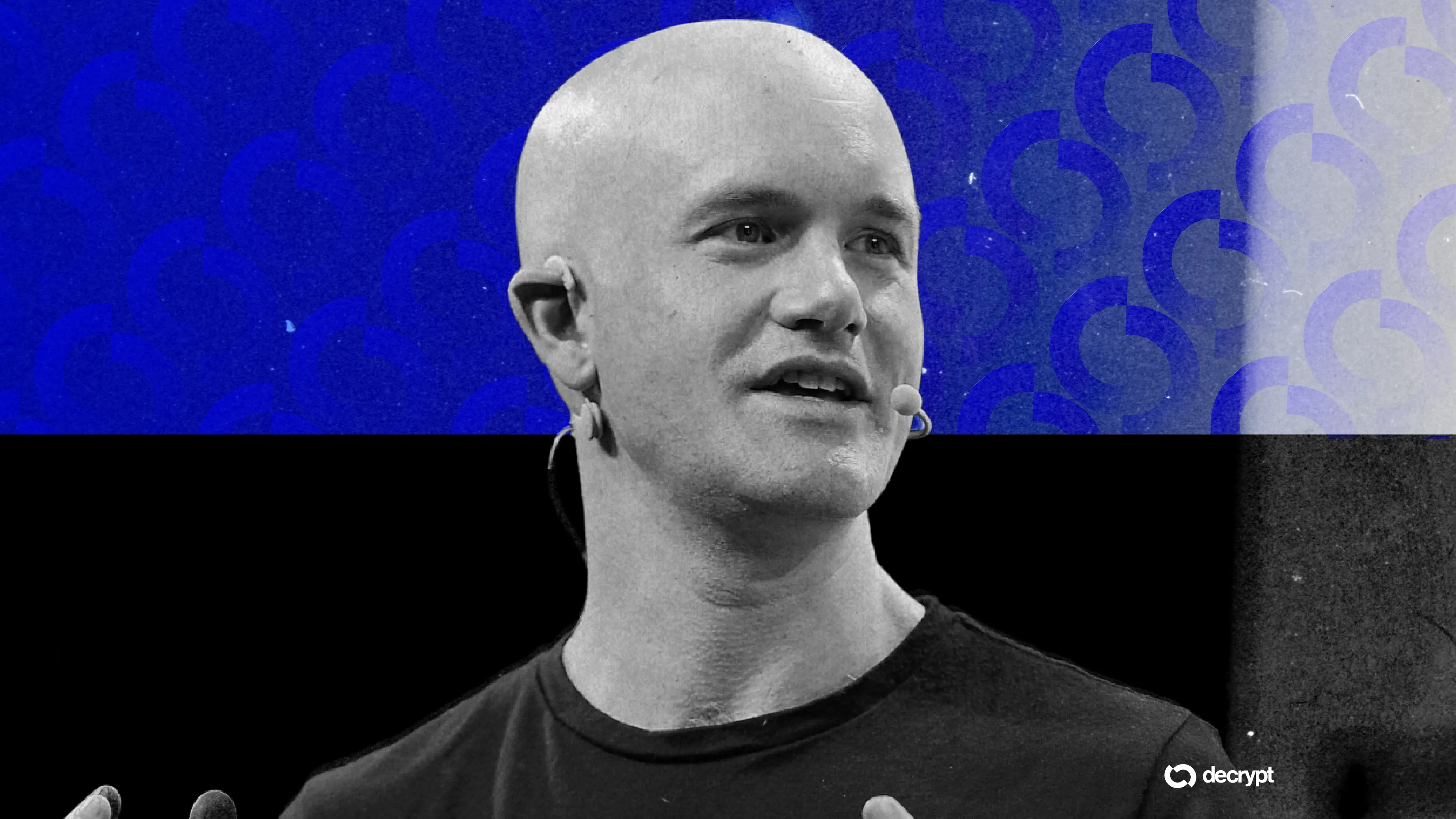Consensus. It’s all about agreement. In the blockchain realm, computers are given a set of instructions on how best to see eye-to-eye and left alone to get on with it. If only things could be so simple in the world of flesh and blood.
At this year’s Blockchain Live, two heavyweights circled each other over who deserves the gold belt of decentralization. In the red corner, Joseph Lubin, Ethereum’s co-founder and founder of venture blockchain studio Consensys (which Decrypt Media is a part of, but editorially independent from). In the blue corner, meanwhile, Dan Larimer, CTO of Block.one which builds EOS. Flanking the two were representatives from Ripple and blockchain consultants The Vanbex Group.
The first half of the discussions ranged across topics which included layer two solutions, the prices of cryptocurrencies and the growth of the industry. Halfway through, though, an audience member asked what are the key tenets of meaningful decentralization.
Lubin took aim at EOS (without mentioning it by name) which has 21 validators or block producers. He said that having a small number of validators could lead to vulnerabilities in the network, as they could collude and state actors could potentially censor their activities. This could lead to “powerful, well-resourced actors” convincing the validators to process some transactions earlier than others or censor some transactions. These are examples of centralized control, claimed Lubin.
Larimer argued that EOS is decentralized. He said that while there are only 21 validators, they’re elected by tens of thousands of people who have a stake in the network. He also criticized the proof-of-work consensus mechanism that Ethereum uses, by giving an analogy of a radio station broadcasting transactions to the world.
“In proof-of-work systems you’ve got two or three mining pools that are determining what are going on the air and they’re not evenly distributed. They’re the DJs controlling the air, they’re the gatekeepers. That’s centralization of the right to publish,” said Larimer.
Lubin countered that Ethereum did not want to adopt proof-of-work in the beginning but the founders were aware of problematic issues regarding the one alternative at the time, proof-of-stake. He said that, as Ethereum moves towards proof-of-stake, with its upcoming Casper protocol, it will become more decentralized and won’t have the same energy issues associated with proof-of-work.
“It will be able to be run on a phone, anybody will be able to participate. That sort of radical decentralization is the trust infrastructure that society will be more comfortable with.”
Kevin Hobbs, CEO of The Vanbex Group, stepped in to say he felt meaningful decentralization was, “equal rights, equal votes, and full transparency.” In a world of 75-message tweet storms, his answer was delightfully concise. Now that’s something we can all agree on.




